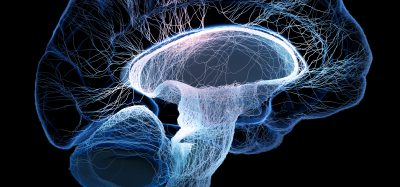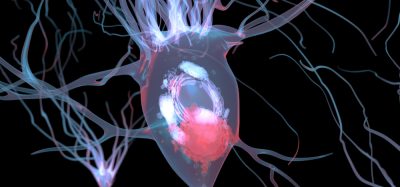MSK1’s importance for cognitive benefits
Posted: 28 July 2023 | Izzy Wood (Drug Target Review) | No comments yet
New study uncovers role of a neuronal protein kinase called mitogen- and stress-activated protein kinase 1 (MSK1) in mediating the cognitive benefits of environmental enrichment.

We show that MSK1 retains its importance in converting positive experience into tangible synaptic and cognitive benefits well into old age.”
A new research paper published in Aging, uncovered a crucial protein that plays a significant role in converting positive experiences into cognitive advantages, even in old age. The study sheds light on how the brain responds and adapts to enriching sensory experiences throughout life.
Positive experiences, such as social interaction, cognitive training, and physical exercise, have long been known to improve cognitive function and counteract some of the cognitive decline associated with aging. These positive interventions, collectively referred to as environmental enrichment, have shown remarkable effects on neuronal structure and synaptic function, resulting in enhanced cognitive performance. However, until now, the underlying mechanisms of how neurons respond to such experiences have remained elusive.
A team of researchers led by Lorenzo Morè, Lucia Privitera, Daniel D Cooper, Marianthi Tsogka, J Simon C Arthur, and Bruno G Frenguelli from the University of Warwick, University of Central Lancashire, and University of Dundee conducted a comprehensive study to address this knowledge gap. Their study focused on the role of a neuronal protein kinase called mitogen- and stress-activated protein kinase 1 (MSK1) in mediating the cognitive benefits of environmental enrichment.
The researchers conducted experiments using adult and aged male wild-type mice, subjecting them to a 10 week environmental enrichment protocol. The mice that underwent this enrichment demonstrated significant improvements in various behavioral tasks, particularly in spatial working and spatial reference memory. Additionally, the researchers observed an enhancement in hippocampal long-term potentiation, a process associated with learning and memory.
Importantly, the researchers found that aged mice benefited significantly from the environmental enrichment, performing spatial memory tasks at levels comparable to healthy adult mice. However, in mice with a mutation in the MSK1 enzyme, which is activated by the growth factor BDNF (brain-derived neurotrophic factor), many of these cognitive benefits and changes in gene expression were absent.
The findings led the researchers to conclude that environmental enrichment is beneficial across the entire lifespan and that MSK1 is a crucial factor responsible for the full extent of cognitive improvements induced by positive experiences. Furthermore, the study highlights MSK1’s continued importance in converting positive experiences into tangible cognitive and synaptic benefits, even in old age. This reinforces the notion that the aging brain has the capacity to benefit from positive experiences, and MSK1 emerges as a key player in the brain’s response to enrichment.
Dr Lorenzo Morè, one of the lead researchers, remarked, “We show that MSK1 retains its importance in converting positive experience into tangible synaptic and cognitive benefits well into old age, reinforcing the aged brain’s capacity to benefit from positive experience, MSK1’s prominence as a key player in the response to enrichment, and its potential as a target for enviromimetics.”
The discovery of MSK1’s role in cognitive enhancement opens up new avenues for potential therapeutic approaches aimed at promoting healthy cognitive aging and may lead to the development of targeted interventions to support brain health
Related topics
Animal Models, Neurons, Neurosciences, Protein Expression
Related conditions
cognitive conditions
Related organisations
University of Central Lancashire, University of Dundee, Warwick University
Related people
Bruno G Frenguelli, Daniel D Cooper, Dr Lorenzo Morè, J Simon C Arthur, Lucia Privitera, Marianthi Tsogka







